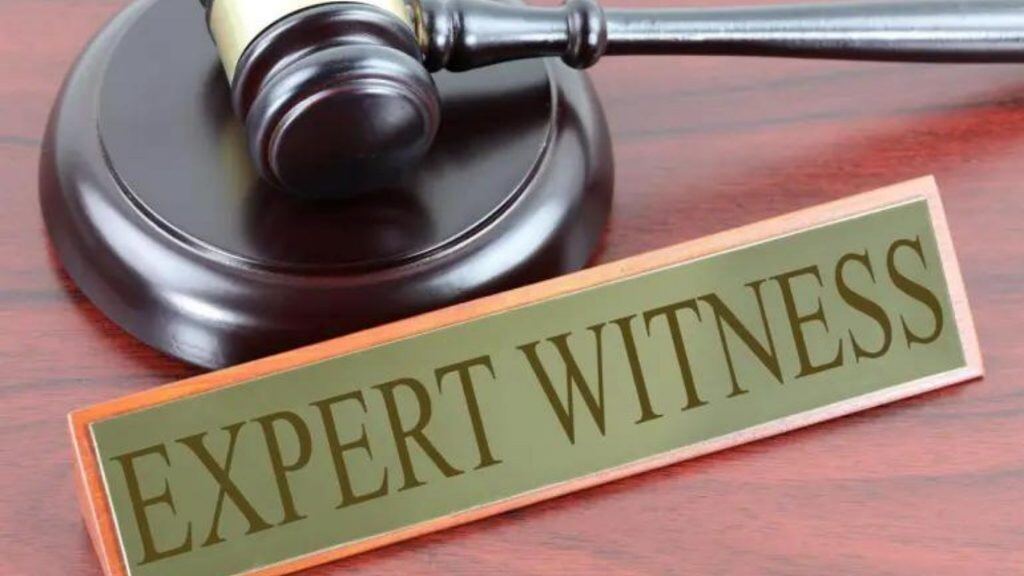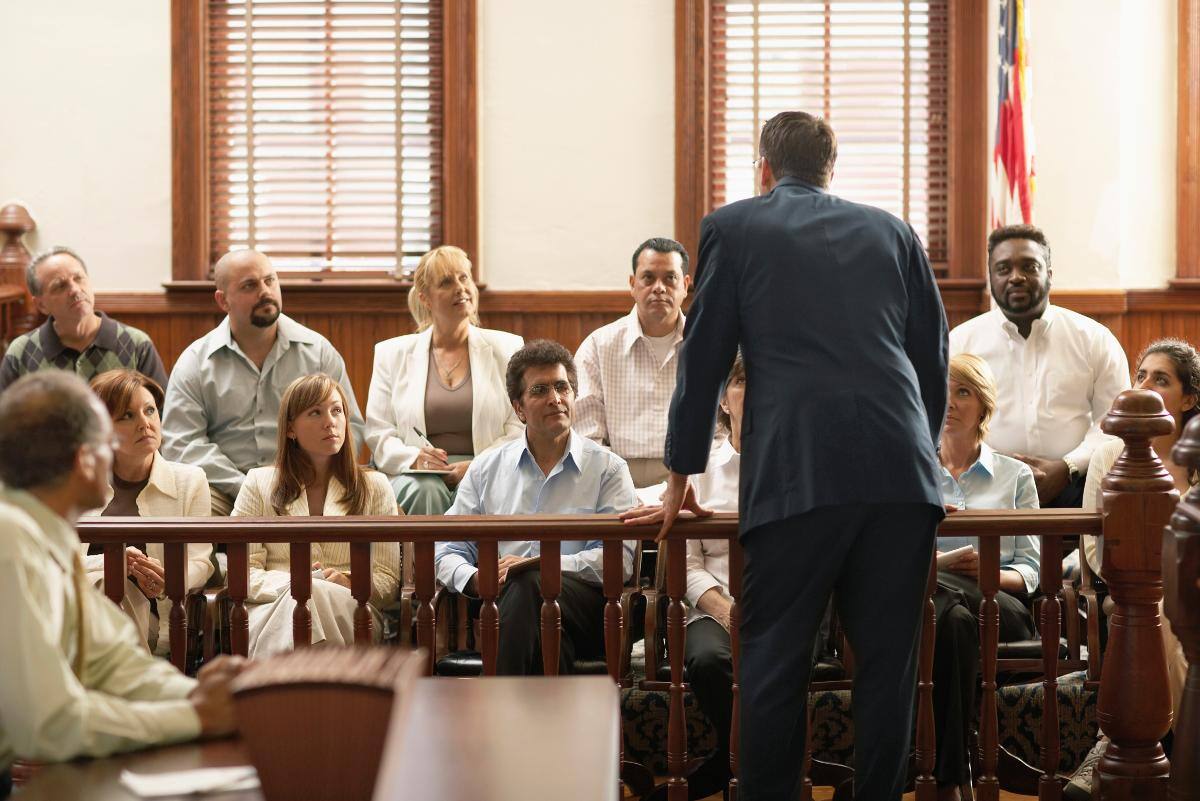In the warm embrace of the Caribbean sun, a quiet transformation is unfolding. The demand for...


In the realm of legal proceedings, expert witnesses play a crucial role. They are entrusted with the responsibility of providing their specialized knowledge, insights, and opinions to aid the court in making informed decisions. To be an effective and credible expert witness, one must possess a range of qualities, but none are as essential as integrity. In this blog, we will delve into the significance of integrity for expert witnesses and why it should be an inherent quality.
Integrity is often described as doing the right thing even when no one is watching. It's a steadfast commitment to honesty, ethics, and moral principles, regardless of external pressures or personal gain. For expert witnesses, integrity extends beyond personal conduct; it involves maintaining the highest ethical standards in their professional duties.
1. Credibility and Trustworthiness
One of the primary reasons integrity is paramount for expert witnesses is credibility. Courts rely on expert witnesses to provide unbiased, accurate, and impartial information. When an expert witness exhibits integrity, they establish themselves as a reliable source of information. Judges, juries, and attorneys are more likely to trust and respect an expert witness who consistently upholds ethical standards.
2. Impartiality
Integrity goes hand in hand with impartiality. An expert witness must remain unbiased and free from conflicts of interest. Any perception of partiality can seriously undermine their credibility and the trust placed in their testimony. Upholding integrity ensures that an expert witness's opinions and conclusions are solely based on facts and their expertise.
3. Ethical Behavior
Integrity encompasses ethical behavior. Expert witnesses should adhere to ethical guidelines and professional codes of conduct relevant to their field. This includes accurately representing their qualifications, disclosing any potential conflicts of interest, and not engaging in deceptive or misleading practices. Ethical conduct is crucial for maintaining the integrity of the legal system.
4. Consistency
Consistency in actions and statements is a hallmark of integrity. Expert witnesses should ensure that their opinions and testimony remain consistent throughout the legal proceedings. Inconsistencies can raise doubts about their reliability and motivations.
5. Accountability
Integrity also entails taking responsibility for one's actions and opinions. If an expert witness makes an error or discovers new information that affects their testimony, they should promptly acknowledge and address it. This level of accountability not only maintains credibility but also demonstrates a commitment to truth and justice.
There exist numerous qualities that constitute the character of a principled and influential Witness Expert. Among these, one trait that should never be underestimated is integrity.
C.S. Lewis eloquently expressed this concept when he remarked, "Integrity is adhering to the right path even when no one is observing." Individuals who possess integrity do not actively seek accolades or seek to be placed on a pedestal. Their actions are not driven by a desire for recognition; rather, they perform their actions because they are the right course of action for the organization or the beneficiary. Integrity eliminates the element of self-interest from any action, focusing solely on the act itself. Remaining modest and eschewing the need for constant applause for every deed is commendable and indicative of a resilient witness expert.

In the world of expert witnesses, stories of individuals who exemplify the highest standards of integrity are often overshadowed by controversies and debates. However, there are shining examples of experts who, through their unwavering commitment to truth and honesty, have left an indelible mark on the legal system. One such exemplary figure is Dr. Sarah Miller, a forensic pathologist whose testimony in a high-profile murder trial showcased the power of integrity in the courtroom.
The Case in Question
The case revolved around a homicide that had taken place in a small, close-knit community. The prosecution alleged that John Turner, a local resident, had murdered his neighbor, Laura Dawson, during a heated argument. The defense, led by attorney David Reynolds, vehemently maintained John's innocence, arguing that the evidence was insufficient to prove his guilt beyond a reasonable doubt.
The Role of Dr. Sarah Miller
Dr. Sarah Miller, a highly regarded forensic pathologist, was called as an expert witness by the prosecution to provide her opinion on the cause of Laura Dawson's death. Her testimony was expected to be a critical piece of evidence in the trial.
Dr. Miller's Commitment to Integrity
What made Dr. Miller's testimony in this case truly remarkable was her unwavering commitment to integrity. She approached her role as an expert witness with a dedication to the pursuit of truth, rather than as an advocate for either side.
Impartiality: Dr. Miller did not let external pressures or expectations influence her professional judgment. She meticulously examined the autopsy findings and reviewed all available evidence, including photographs, medical records, and witness statements, to arrive at her conclusions.
Honesty: Dr. Miller presented her findings honestly and transparently, even when they did not entirely align with the prosecution's theory. She did not shy away from admitting uncertainties or limitations in the evidence, ensuring that her testimony was not exaggerated or sensationalized.
Professional Ethics: Throughout the trial, Dr. Miller adhered to the highest ethical standards of her profession. She did not engage in character attacks or speculations, focusing solely on the scientific evidence and her expert analysis.
Accountability: When questioned by the defense attorney about inconsistencies in the evidence, Dr. Miller acknowledged them and clarified her stance, maintaining her integrity and credibility.
Dr. Miller's testimony played a pivotal role in the trial, as her impartial and honest assessment of the evidence brought much-needed clarity to the case. Her integrity shone through as she steadfastly refused to compromise her professional ethics or alter her testimony under pressure.
In the end, the jury found John Turner not guilty of the murder charges. While the case had its complexities, Dr. Miller's integrity in the witness stand left an indelible impression on the courtroom, demonstrating that, even in the most contentious legal battles, integrity can be a beacon of light.
The story of Dr. Sarah Miller serves as a poignant reminder of the critical role that integrity plays in the legal system. Her commitment to truth, impartiality, and professional ethics not only influenced the outcome of a high-stakes trial but also reaffirmed the importance of expert witnesses who prioritize integrity above all else. Dr. Miller's testimony stands as an enduring example of how the pursuit of justice is best served by those who embody the highest standards of integrity in their profession.

In the realm of expert witnesses, integrity is not merely a desirable trait; it is an indispensable quality. Expert witnesses who possess and uphold integrity are more likely to be trusted, respected, and effective in their roles. Their commitment to honesty, ethical behavior, and impartiality is not only a testament to their professional character but also an essential contribution to the fair administration of justice. Aspiring and practicing expert witnesses should recognize that integrity is the bedrock upon which their credibility and impact in legal proceedings are built.
Contact us today for expert guidance and support.

In the warm embrace of the Caribbean sun, a quiet transformation is unfolding. The demand for...

The Eastern European region, with its rich tapestry of cultures, histories, and political...

The Caribbean, with its azure waters, palm-fringed beaches, and vibrant culture, is not only a...

In the bustling streets of Latin American cities, where the rhythm of life pulses with vibrant...
Begin your request below to get a quote.
